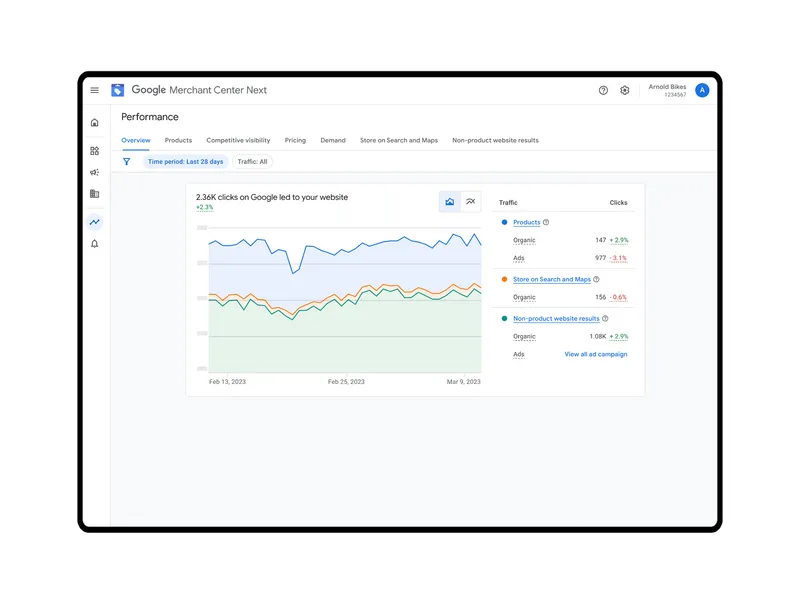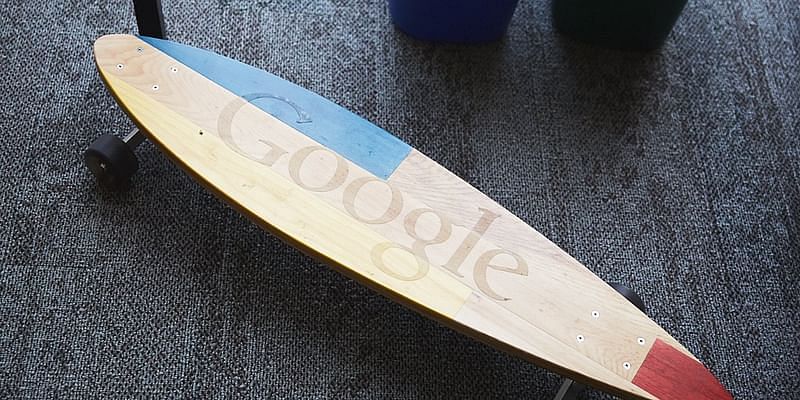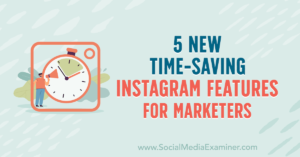- Google launched Product Studio, a tool that uses generative AI to help merchants create custom product imagery.
- Merchant Center Next is an updated version of the Merchant Center platform that aims to simplify listing of products on Google.
- Google has integrated generative AI into Performance Max, a feature that enables users to create custom assets and scale them with ease.
Days after launching the Bard AI chatbot, its answer to OpenAI’s ChatGPT, Google has come up with a slew of generative AI tools for its advertising platform, to enable merchants to customise ads and streamline listings.
The company’s focus on generative AI features continues as it recently announced generative AI enhancement on ‘Search’ and ‘Perspectives’ tools for diverse viewpoints at its Google I/O event.
The announcements are critical for Google as parent entity Alphabet saw its advertising revenues drop for the second sequential quarter ending March 31, 2023.
Among the new AI-led enhancements, Google Ads unveiled Product Studio, a tool that aims to assist merchants in creating product imagery using generative at the Google Marketing Live event on Tuesday, May 23.
The tool enables merchants to add custom product scenes to their images for various marketing needs, be it seasonal, campaign-specific, or experimental, said Google, in a statement.
Product Studio allows businesses to replace the background of an image with a plain backdrop and enables users to increase the resolution of images without the need for re-shooting. Product Studio will initially be available to merchants in the United States.
Additionally, these features will also be accessible to merchants utilising the Google and YouTube apps on Shopify.
Other launches
At the same event, Google also launched Merchant Center Next, an updated version of the Merchant Center platform, which aims to simplify the listing of products on its platform. It automatically populates a merchant’s product feed with information detected from their website.
The platform consolidates all insight reports for merchants to assess their performance, with information such as best-selling products, competitors’ visibility, and customer engagement with local businesses through Search and Maps.

Merchant Center Next offers a view of both online and brick-and-mortar store inventories, simplifying inventory management for merchants with a physical presence. The platform also provides insights on the potential benefits of rectifying errors in product data, assisting merchants in prioritising necessary updates, said Google.
Google has begun rolling out Merchant Center Next for new users. The company plans to complete the global rollout by 2024.
Besides these, Google Ads has added a natural language conversational experience within its platform, which combines users’ expertise with Google’s AI capabilities to simplify search ads and streamline campaign creation.
Google has also announced the integration of generative AI into its offering, Performance Max. The search company claims Performance Max has demonstrated an ability to drive business growth, with advertisers achieving an average increase of over 18% in conversions, at a similar cost per action.
On an AI roll
Google has been launching several AI-integrated products of late. In the last few months, the company has announced AI-integrated products such as Bard, a competitor to ChatGPT, powered by Google’s Pathways Language Model 2 (PaLM 2). It has also integrated Duet AI with Google Workspaces, which strives to help users write, organise, visualise, accelerate workflow, and have enriched meetings.
The tech firm said it would integrate Bard with more Google apps and services and also partner with Adobe Firefly for creative generative AI models.
Google has also launched Vertex AI, a platform that helps companies deploy and maintain machine learning models. It includes a number of features, such as Reinforcement Learning from Human Feedback.
After the success of ChatGPT, several companies have been scrambling to integrate AI into their products.
Microsoft has embraced ChatGPT completely and integrated it into Bing.com and the Windows 11 taskbar. The company also plans to include it in Office applications through Microsoft 365 Copilot.
Salesforce has announced that it would integrate OpenAI’s technology to create the first generative AI for its customer relationship management tools and incorporate a ChatGPT app into its workplace messaging app Slack.
PwC has entered into a $1-billion partnership with Microsoft to create scalable AI offerings powered by OpenAI’s GPT-4/ChatGPT and Microsoft’s Azure OpenAI Service.










